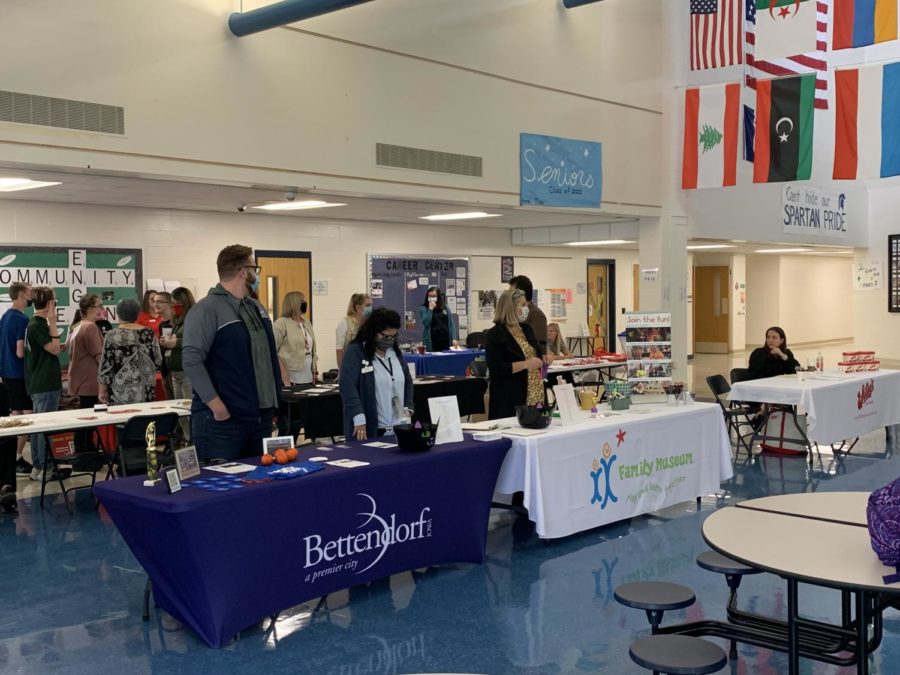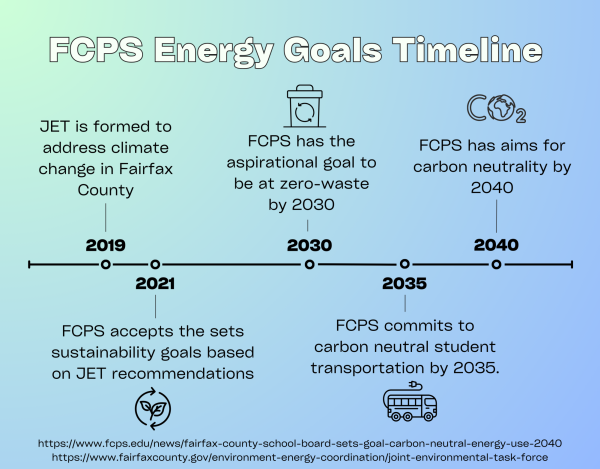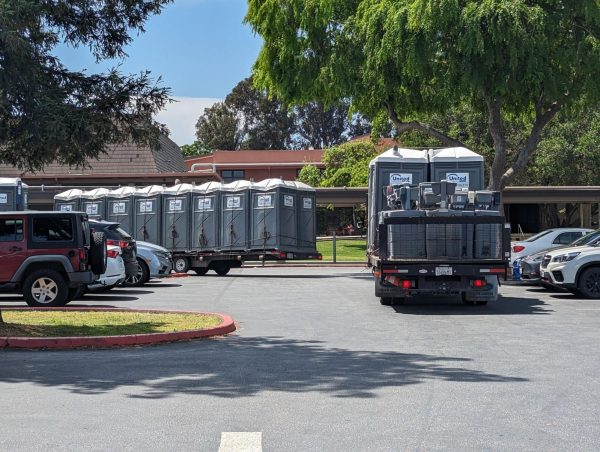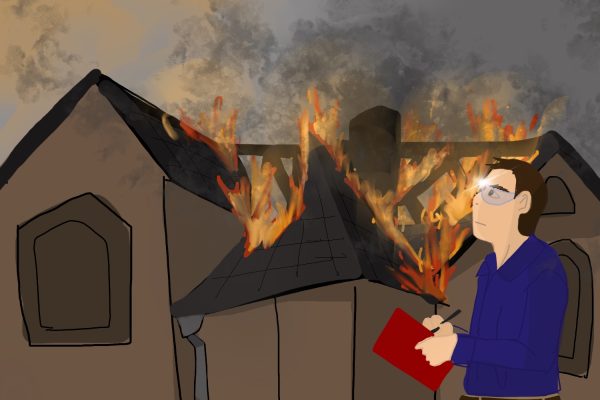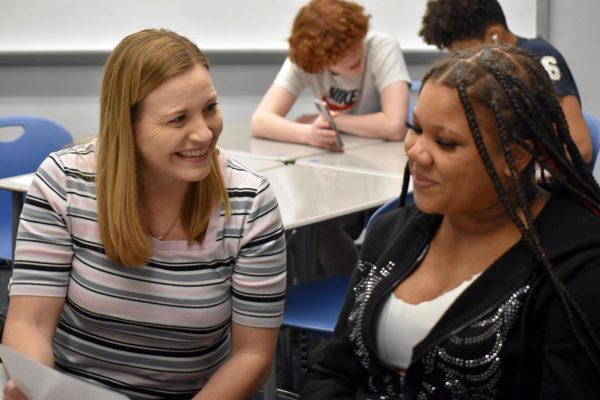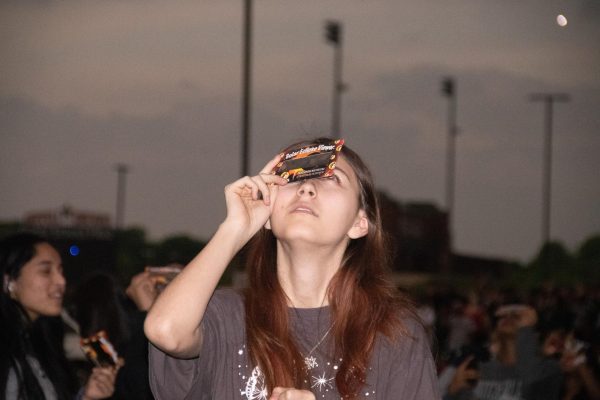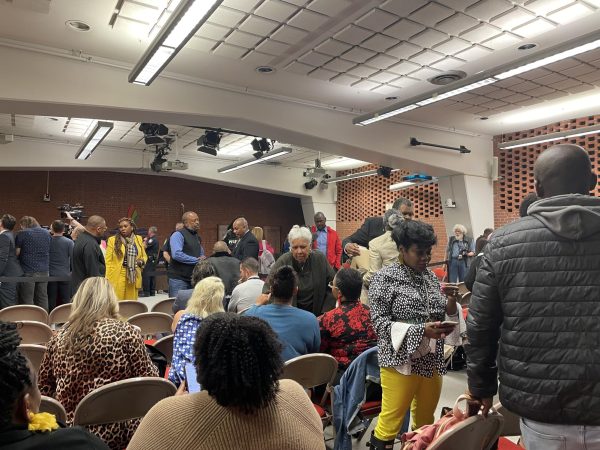Vaccine mandates threaten to exacerbate US labor shortage
October 28, 2021
As the world attempts to move to a post-COVID state, vaccine mandates are becoming popular across professions. On Sept. 2, as reported by AP News, President Joe Biden “ordered sweeping new federal vaccine requirements for as many as 100 million Americans — private-sector employees as well as health care workers and federal contractors…”
In addition to this, the NBA has created incentives to get vaccinated, which have been opposed by players Kyrie Irving, Andrew Wiggins and Bradley Beal. Whether rejecting the vaccine for reasons like religious exemption or submission to conspiracies, these players as well as a significant population of Americans have staunchly resisted recent vaccine mandates.
With a labor shortage already depleting the American workforce, what are the actual implications of vaccine hesitancy in light of recent mandates?
In states like Washington, Illinois and California, police forces have clashed with city officials over vaccine mandates. In Los Angeles, specifically, Sheriff Alex Villanueva refused to enforce the mandate in his department in fear that 5 to 10% of the police force would be lost.
NPR reporter Becky Sullivan elaborated upon the effects of such resistance. “But police officers have consistently resisted the vaccine at higher rates than the general public,” she said. “Combined with rising levels of crime — violent crime was up about 5% overall in 2020, with murders up nearly 30% — police unions have begun to raise concerns that tough enforcement of the mandates could result in staffing shortages.”
Along with police officers, healthcare workers have also opposed vaccine mandates. NPR reporter Deepa Shivaram explained, “While a majority of nurses are vaccinated and more than half support vaccine mandates in the workplace, some are pushing back against requirements to get vaccinated or face mandatory testing and say they would rather leave their jobs.”
With workers posing this ultimatum, hospitals are already facing shortages. “One New York hospital announced that it would no longer be able [to] deliver babies because dozens of staff members quit rather than get vaccinated,” Shivaram continued. “In Houston, 153 hospital workers resigned or were terminated over a recent vaccine mandate. It’s a crisis on top of the widespread shortage of nurses that’s been a problem since even before the pandemic.”
Evidence shows that vaccine mandates are largely effective in getting people vaccinated, but in a country already facing a rampant labor shortage, not all professions can maintain their workforces and follow vaccine mandates. This poses a challenge to these respective professions and the American workforce as a whole, but it also brings into question the likelihood of America ever reaching a post-COVID state.
This issue is not far from home either.
Local nurse practitioner Amy Burkhart has seen the effects of vaccine mandates on her workplace first-hand. “Reaction to the mandate has been mixed,” she said. “The vast majority of our employees chose to receive the COVID vaccine as soon as it was available given the high-risk nature of our work. A small percentage opted not to receive it, and this group was in opposition to the mandate. Some vaccinated employees also objected to a mandate based on their views on personal choice.”
Fortunately, Burkhart has not noticed a significant effect on the size of the workforce as a whole. She believes that for high-risk workers like herself, vaccine mandates are important. “We care for many at-risk patients like patients who have cancer or patients who have compromised immune systems. These patients are often unable to receive vaccines or have a weak response to vaccines, and we need to do everything we can to protect these vulnerable patients,” she explained.
Dr. Janki Joshi is another individual whose workplace has a vaccine mandate. Joshi works for the Veterans Administration in an outpatient clinic as a physician. Everyone at her workplace is required to have the COVID vaccine unless they are religiously exempt.
Joshi offered her thoughts. “I wholeheartedly support [the] vaccine mandate. This is not the only mandate we have as healthcare providers,” she said. “We also have to get [the] flu vaccine annually which all employees have been doing already for many years. So [the] COVID vaccine, which is a respiratory virus, is not different.”
While not every American healthcare worker holds the same position as Joshi, she has found that most of her coworkers have complied with the mandate. Both Burkhart and Joshi attribute the overall success of vaccine mandates in their respective workplaces to the exposure they have to highly vulnerable individuals. But the same cannot be said for all professions across the state and the country.
As labor shortages persist across professions, vaccine mandates pose an additional threat to the size of the American workforce.
And despite the development of COVID vaccines bringing hope that an end to the pandemic is near, the controversy caused by the subsequent vaccine mandates across the country have signaled that a post-COVID world may be further away than many thought it to be.
This story was originally published on Spartan Shield on October 26, 2021.

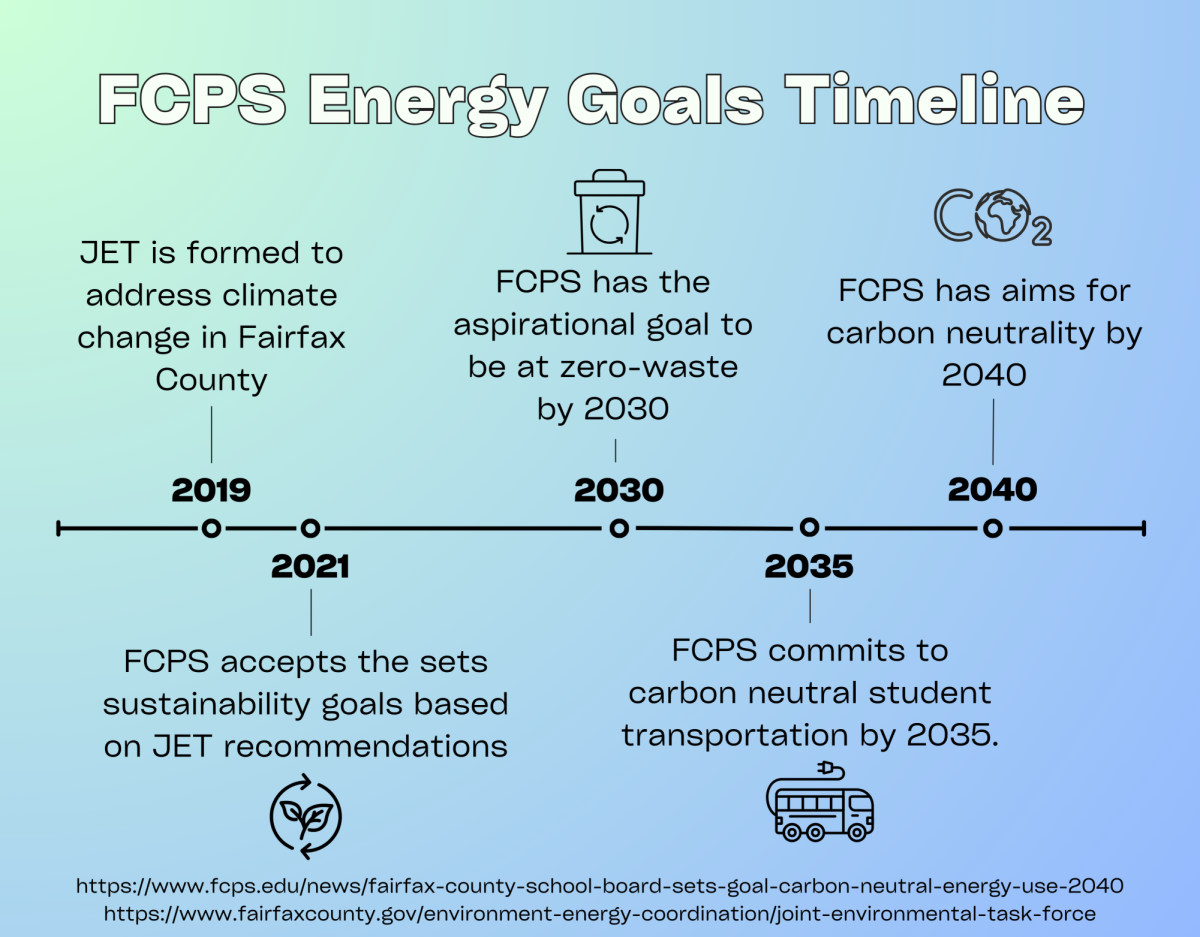






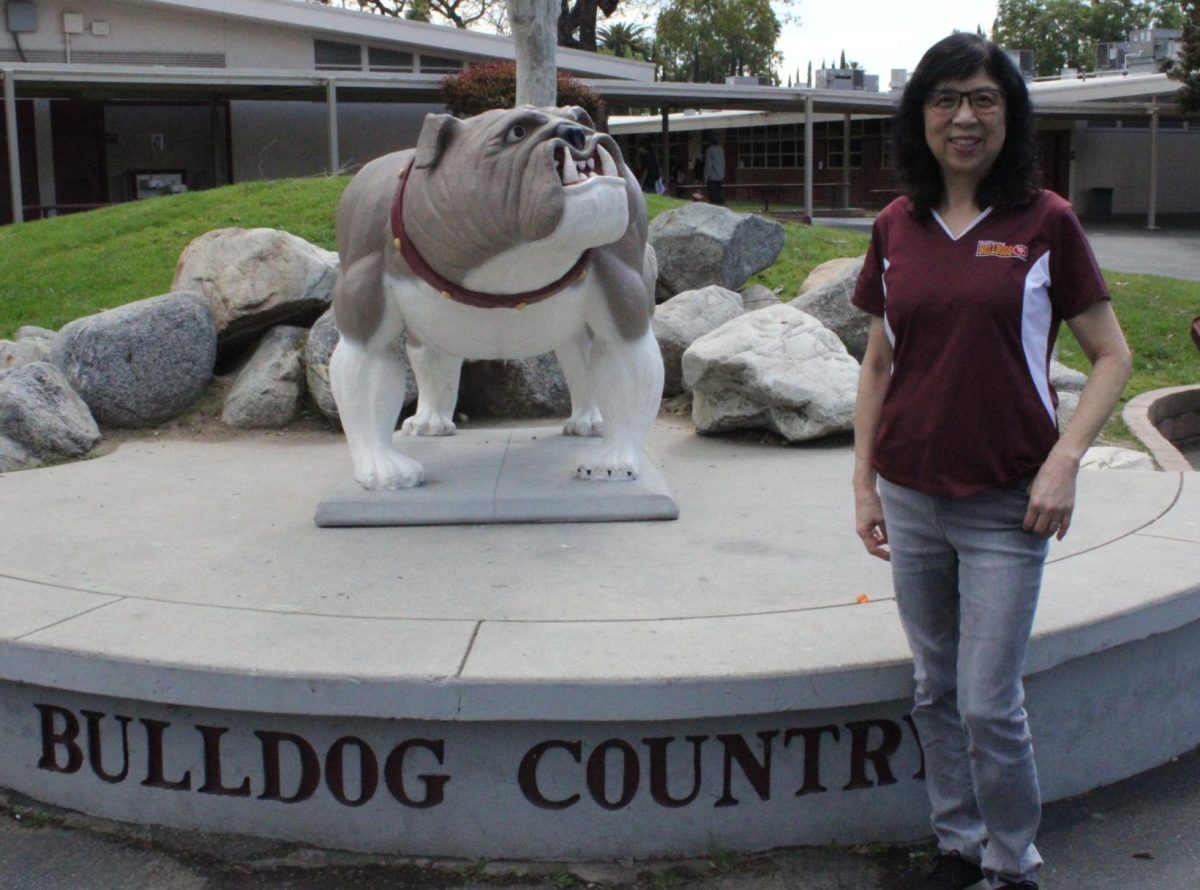



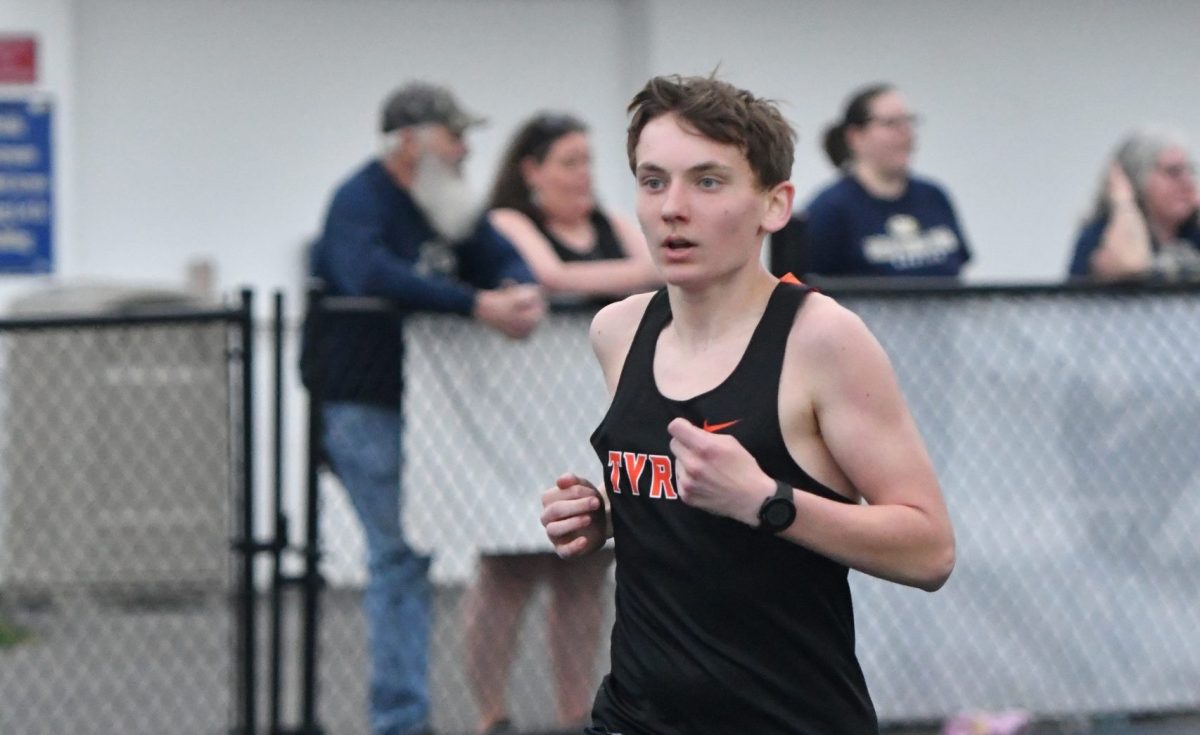

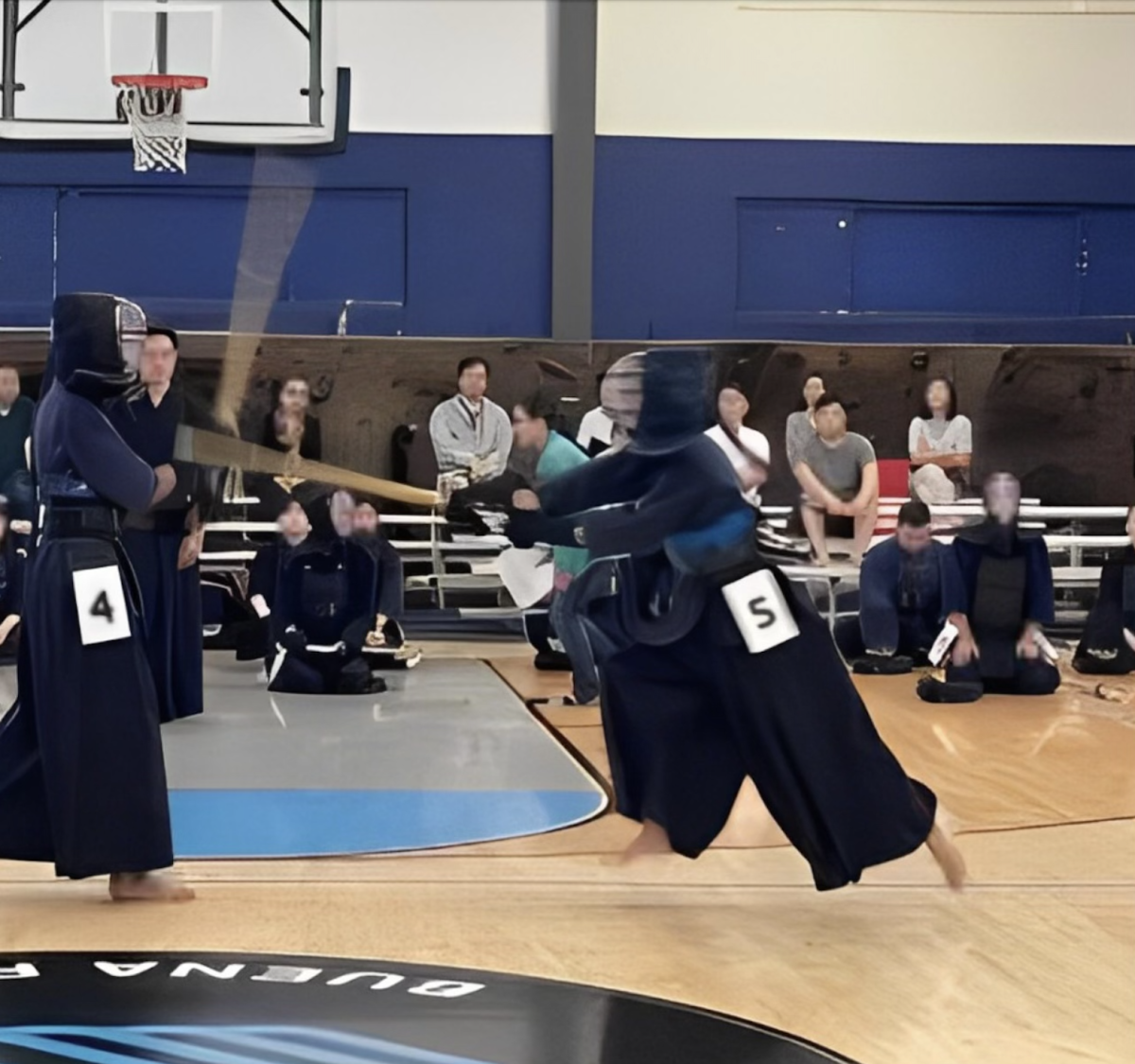
















![IN THE SPOTLIGHT: Junior Zalie Mann performs “I Love to Cry at Weddings,” an ensemble piece from the fall musical Sweet Charity, to prospective students during the Fine Arts Showcase on Wednesday, Nov. 8. The showcase is a compilation of performances and demonstrations from each fine arts strand offered at McCallum. This show is put on so that prospective students can see if they are interested in joining an academy or major.
Sweet Charity originally ran the weekends of Sept. 28 and Oct. 8, but made a comeback for the Fine Arts Showcase.
“[Being at the front in the spotlight] is my favorite part of the whole dance, so I was super happy to be on stage performing and smiling at the audience,” Mann said.
Mann performed in both the musical theatre performance and dance excerpt “Ethereal,” a contemporary piece choreographed by the new dance director Terrance Carson, in the showcase. With also being a dance ambassador, Mann got to talk about what MAC dance is, her experience and answer any questions the aspiring arts majors and their parents may have.
Caption by Maya Tackett.](https://bestofsno.com/wp-content/uploads/2024/02/53321803427_47cd17fe70_o-1-1200x800.jpg)
![SPREADING THE JOY: Sophomore Chim Becker poses with sophomores Cozbi Sims and Lou Davidson while manning a table at the Hispanic Heritage treat day during lunch of Sept 28. Becker is a part of the students of color alliance, who put together the activity to raise money for their club.
“It [the stand] was really fun because McCallum has a lot of latino kids,” Becker said. “And I think it was nice that I could share the stuff that I usually just have at home with people who have never tried it before.”
Becker recognizes the importance of celebrating Hispanic heritage at Mac.
“I think its important to celebrate,” Becker said. “Because our culture is awesome and super cool, and everybody should be able to learn about other cultures of the world.”
Caption by JoJo Barnard.](https://bestofsno.com/wp-content/uploads/2024/01/53221601352_4127a81c41_o-1200x675.jpg)




